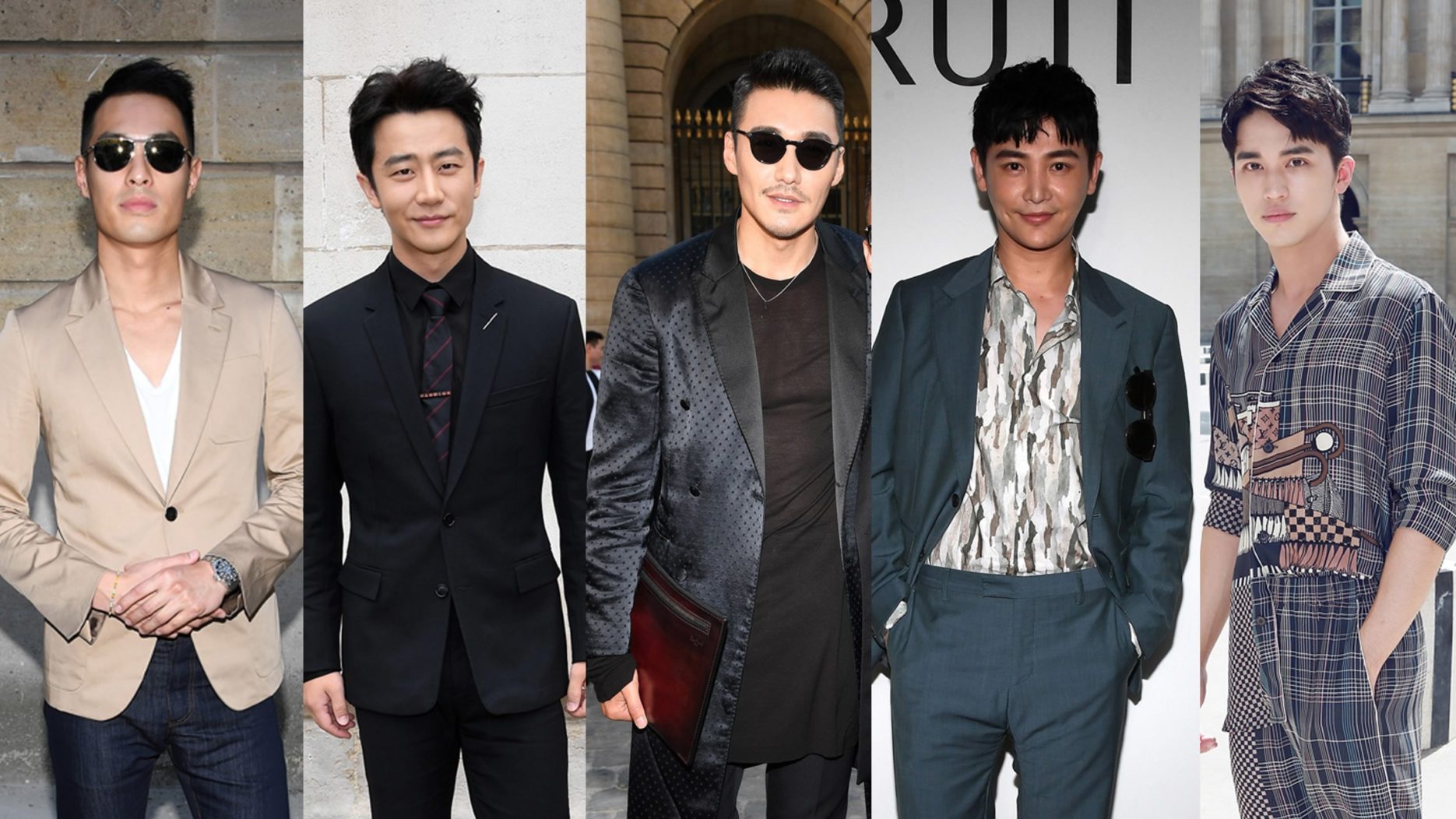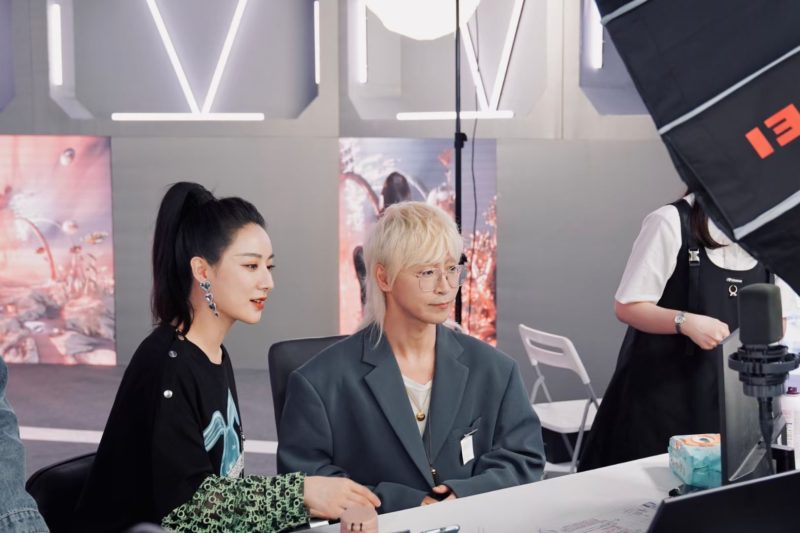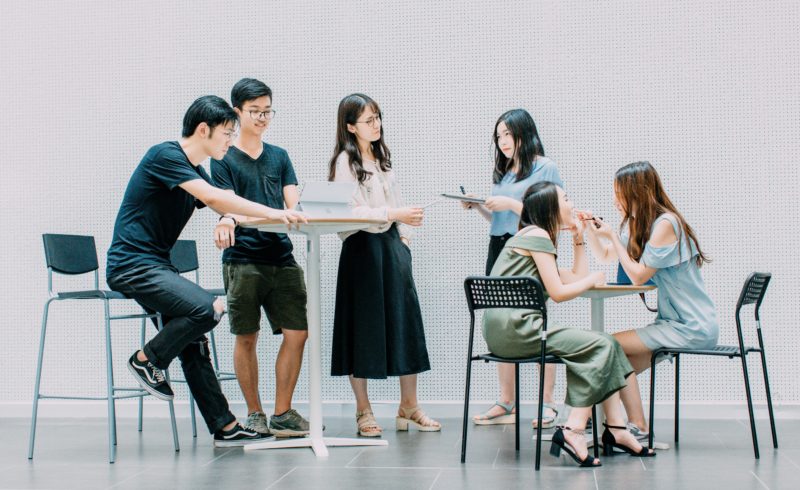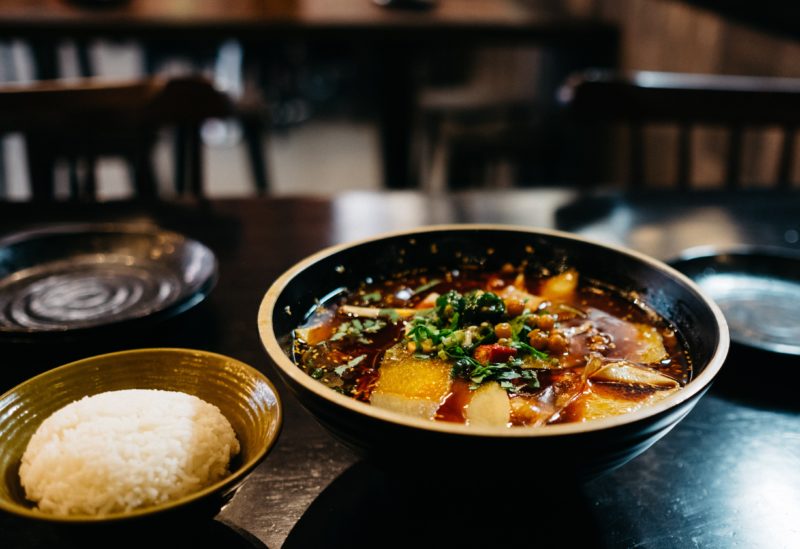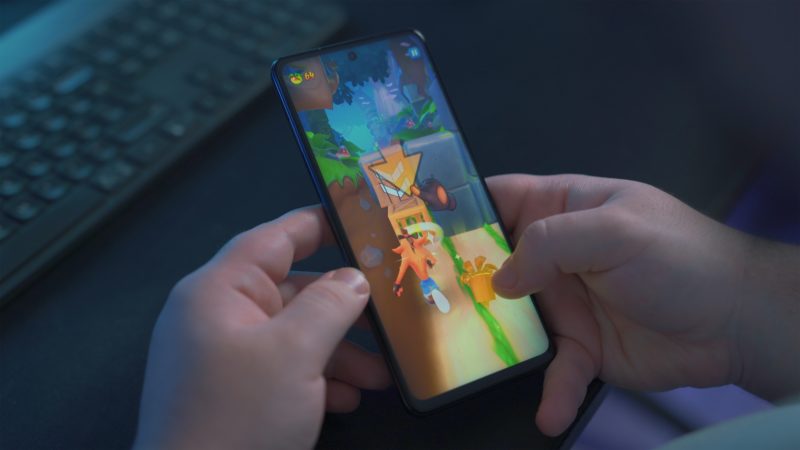Douyin, the Chinese version of TikTok, has taken down its celebrity ranking and 54 relevant mini-programs in a bid to combat the “chaos” of celebrity fan circle (饭圈 or fan community), according to a statement published on 1 September.
The action comes after the state’s criticism over the “chaotic” fan culture where “unacceptable” behaviours such as bragging about wealth, manipulating topics and comments, and using abusive language among fans have “severely interrupted” the media environment. The statement also says, in the wake of celebrity scandals including the downfall of pop star Kris Wu, who has been arrested on suspicion of raping underage fans, the “unhealthy” fan culture has come to a point where the government “has to intervene” and calls for all parties in society to make efforts to create a “clean and upright” online community for teenagers.
The video-sharing platform has also closed 1,900 fan groups and adds, that to set up a fan group account in the future, written authorisation will have to be obtained from corresponding celebrities’ agencies or studios. Unauthorised accounts will be banned from posting activity and updating profiles until the required document is provided.
Agent accounts are required to monitor any “inappropriate” online behaviours such as cyberbullying or trolling among their fan groups and have been instructed by the state to take corresponding actions to address these issues. Those failing to do so will face sanctions such as having views limited, barred from posting, or even having accounts terminated. This measure is introduced to encourage celebrity agencies to take responsibility in “guiding” their fans to ensure a “safe and healthy” online environment.
Several other media platforms have also taken action in response to the state’s call. In August, Weibo, China’s micro-blogging website shut down its celebrity ranking, and iQiyi, China’s most-watched video streaming platform announced its cancellation of pop idol shows for the next few years.
Late last month, China’s Internet regulator also banned in-app pop-up windows that include content such as “unauthorised self-established media and celebrity gossips.”
Public reactions to Douyin’s move have been positive with some calling for such measures to be extended to popular live broadcasters and others indicating that more platforms should follow suit.
Read more:




